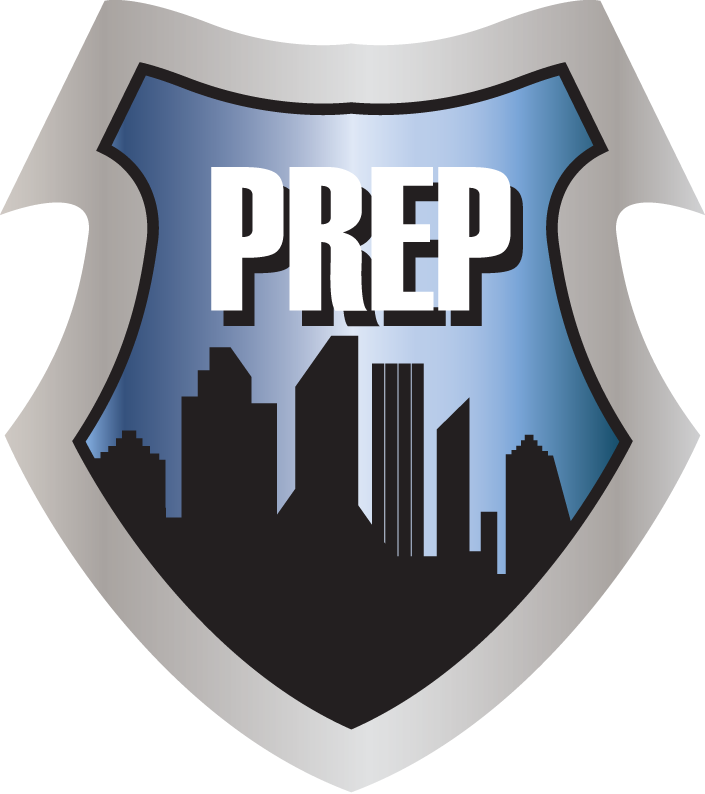Reducing Your Risk of Property Disaster
 Disasters often follow natural hazards. A disaster’s severity depends on how much impact a hazard has on the environment and the property. The magnitude of the impact in turn depends on the choices we make for the property.
Disasters often follow natural hazards. A disaster’s severity depends on how much impact a hazard has on the environment and the property. The magnitude of the impact in turn depends on the choices we make for the property.
Disaster risk reduction (DRR), is a field of study for professionals that manage properties on a large scale. On a smaller scale, there are numerous strategies that you can put into place which can drastically reduce your financial risks once a disaster takes place. Many of these reduction strategies are easy to implement, inexpensive, and can go a long way toward reducing your monetary burden after a disaster has passed.
Awareness can be extremely important once a disaster begins, or is soon to begin. Preparedness, and your level of awareness must include monitoring communication channels. With the power of the internet and social media services like Twitter, you can even follow accounts, such as NOAA, or geographically specific Twitter “bots” which transmit emergency disaster information regarding storm movements, shelter locations, and current conditions. And don’t forget the emergency weather radio, as well.
Preparedness goes a long way toward risk reduction, and will usually include personnel training, emergency supplies, and more. Disaster preparedness gives you the best head start on handling the fallout from a disaster. Good communications with emergency services can help ensure that the building damage is minimized and long term damage is reduced. The more thorough your level of preparedness, the better your chances are at risk reduction.
Recovery can help to moderate your costs after the disaster. Your disaster recovery efforts should be integrated into your disaster planning, with the goal of restoring conditions to their pre-loss status. For some businesses, recovery can mean, having back up power generators to prevent damage, or restoration of data through third party or off-site means. It can also mean knowing in advance who your pre-designated property damage mitigation and recovery contractor will be!
Risk Assessment and Audits
You should consider engaging a third party to perform a building walk-through, capturing critical building information, so everyone knows the details in advance of any loss. While you may actually be fully within industry regulations for the current state of your building, that does not guarantee that you will be protected in the event of a major flood or mechanical failure.
Remember, a safety inspection is not a disaster audit. While there is overlap in what both look for, disaster and risk audits are far more thorough in identifying potential, as opposed to present, problems in your building.
Priority Response Emergency Planning (PREP™)
A few owners and managers may attempt to develop a pre-disaster plan on their own, but there are many PREP certified contractors that will provide you with a priority response plan tailored to your commercial property. Although a PREP guide is never intended to cover every contingency or disaster type, you will find it helpful in providing a simple “starting point” so you can develop a personalized plan. Water Extraction Team – based in the Cleveland Ohio area is a PREP certified firm and offers a detailed emergency planning guide and pre-disaster assistance – at no charge!
Author: Dick Wagner





